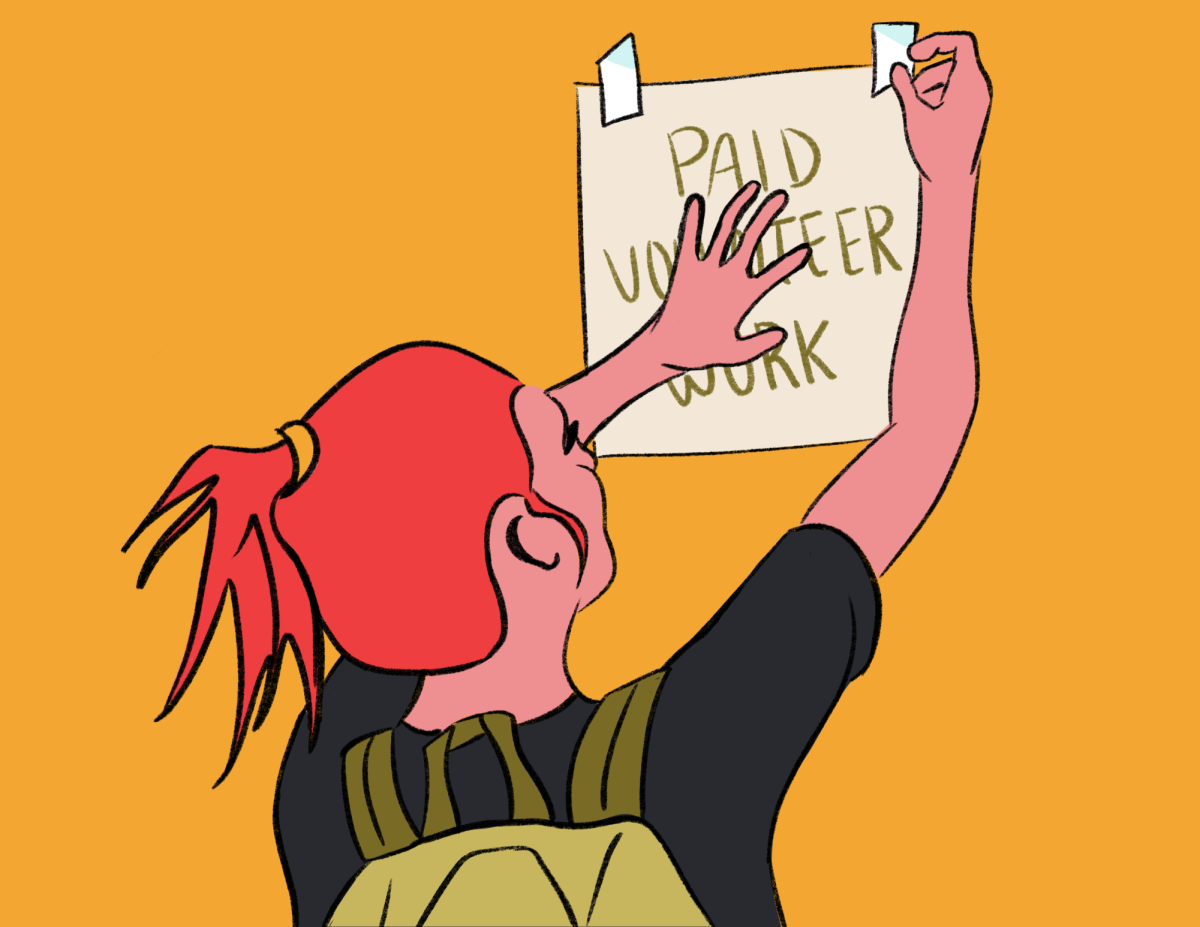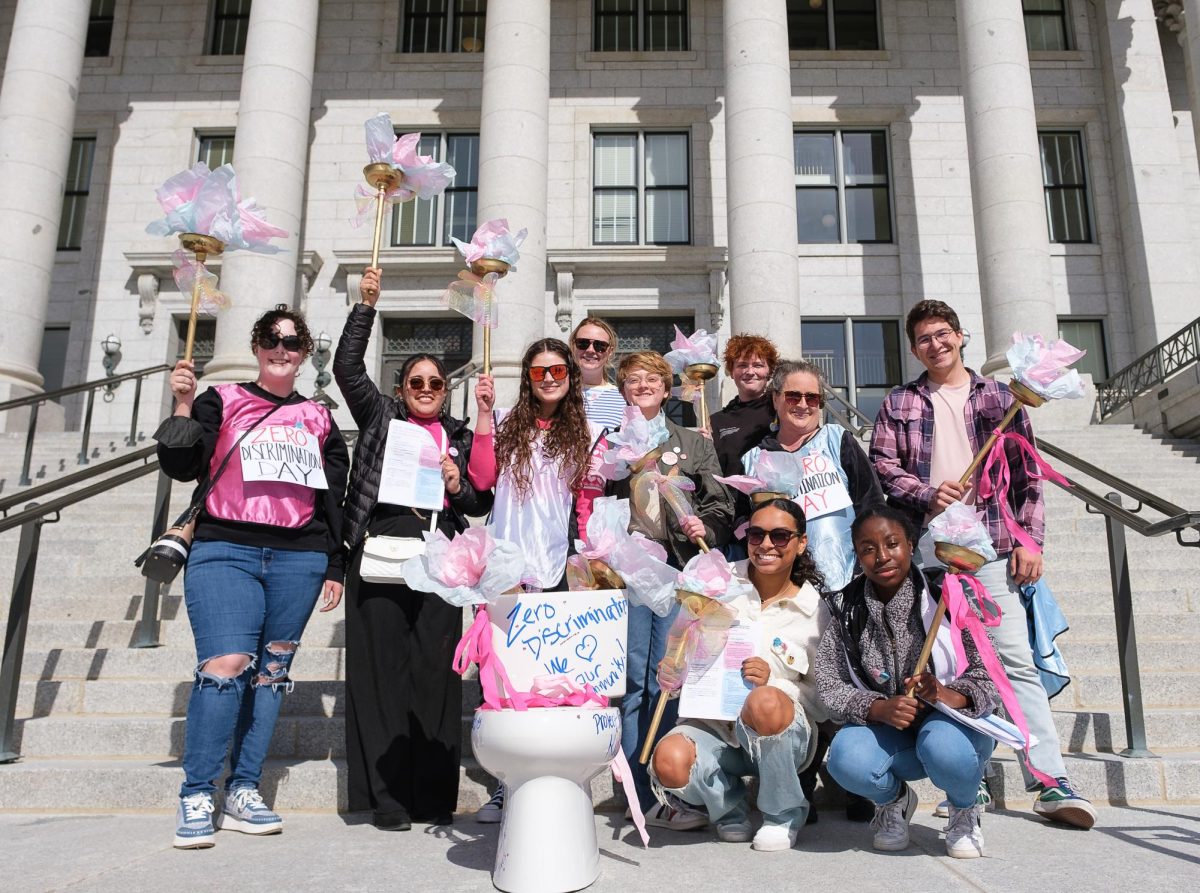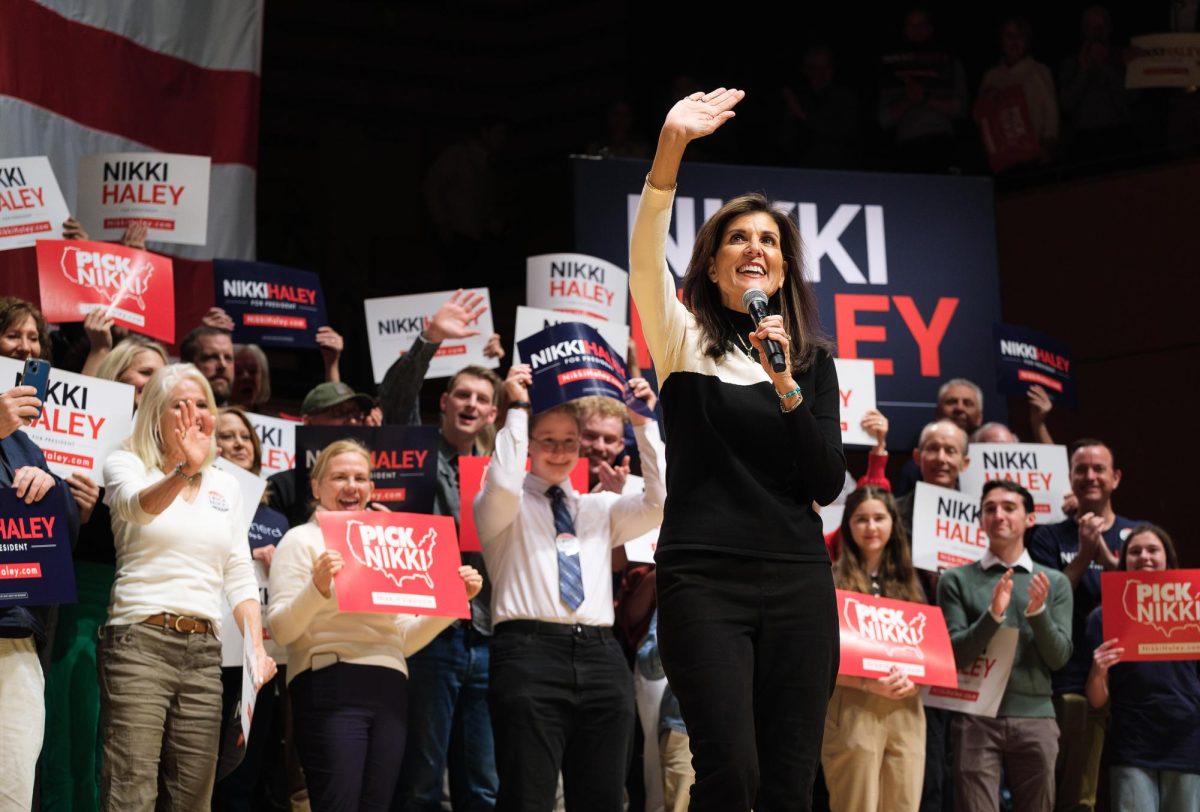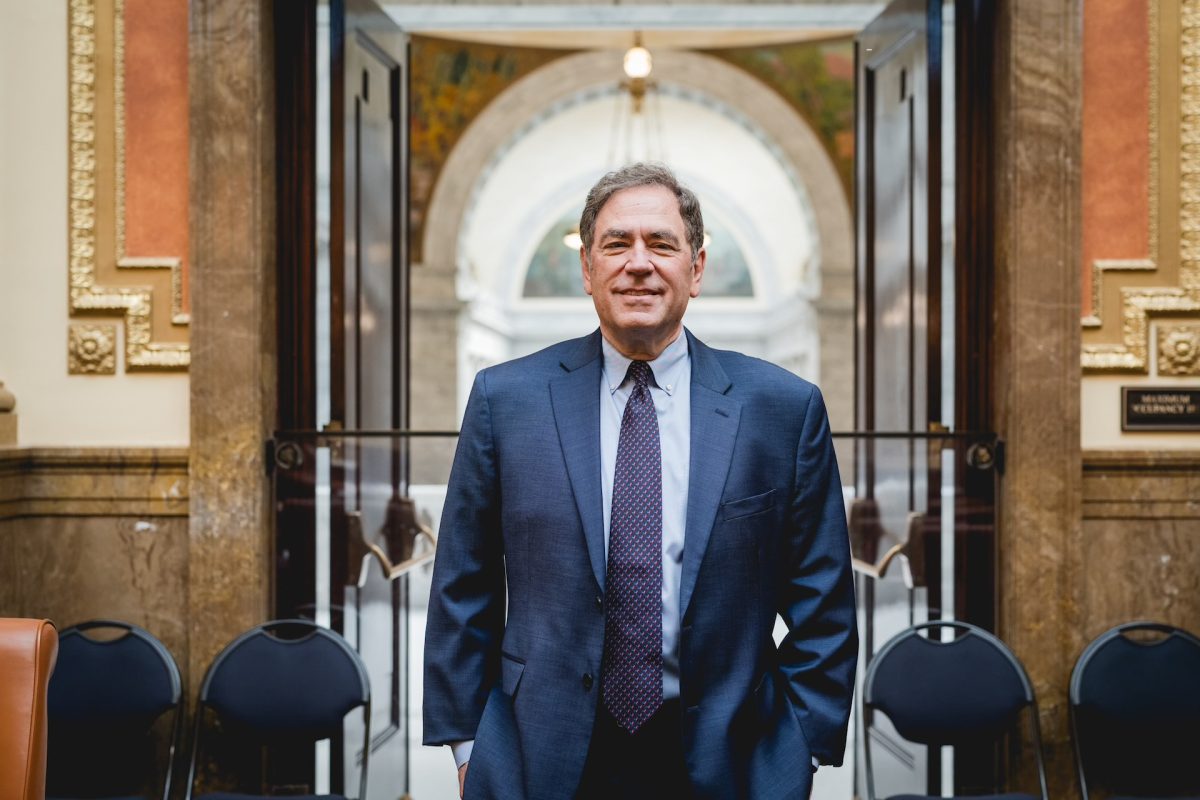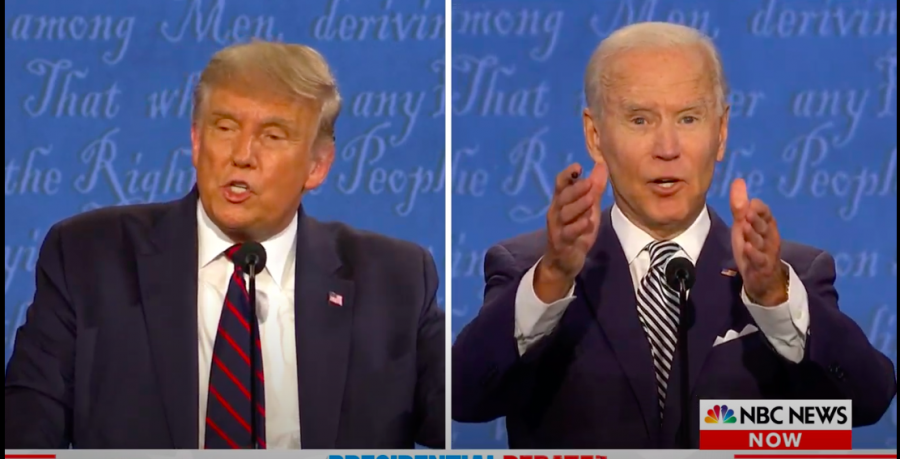
On his first day as director of the Hinckley Institute of Politics in 2005, Kirk Jowers got an angry phone call.
It wasn’t exactly in tune with the welcome banners and congratulatory notes he had otherwise received. Instead the caller left a message with the office requesting that Jowers speak with him immediately.
Jowers turned to the person who took the call: “Well, how’d he sound?”
“He sounded mad,” the staffer replied.
Around 1 p.m., Jowers decided to call the man back. When the lines connected, he was met by an interrogation of sorts. The man questioned Jowers’ goals for the Hinckley Institute and how he would accomplish them and what he would do with donations and how he would handle the existing programs — stopping just shy of asking Jowers what he’d eaten for breakfast that morning. It was overwhelming.
“He was just grilling me about things — very tough, very uncomfortable,” he said.
The conversation lasted about an hour, and then the man called back again.
This time, he explained everything. He was Sam Rich, a former professor of political science and international relations. He asked the grueling questions to ensure that Jowers was a good fit for the Hinckley Institute. And it appeared Rich was satisfied.
“I guess I answered them right,” Jowers said. “He donated $2.5 million to the Hinckley Institute for programming, so I’ll never forget that first interaction and then the relationship that developed from it.”
That’s what Jowers ultimately hopes he has built his career on: relationships. Because now, 10 years after his first day as director, he is leaving the Hinckley Institute on June 30 for a job as vice president of corporate relations at doTERRA International, an essential oils company. It’s the interactions with staff, speakers and students that he said he will miss most.
“I’m sure I’ll always have pangs of missing my time here,” he said. “The experiences I have had with passionate students who are willing to really throw themselves into something … I may never get that again. That’s a real loss.”
Jason Perry will take over as interim director while maintaining his current position as vice president of government relations at the U.
Perry, who has previously worked in the Governor’s Office of Economic Development, said it is currently undecided whether he will stay on long-term, but he’s excited to get started.
“I am thrilled to be part of the Hinckley Institute,” he said. “I strongly believe in its mission, and I know from personal experience the internships our students get can have a significant positive impact on their education and future careers.”
Jowers first took on an administrative role with the institute as a liaison for the Hinckley’s Washington, D.C. program, and later as a co-interim director. Before that he practiced what he now preaches — as a U student in the late 1980s, he completed four Hinckley internships (two with the Salt Lake Country Commissioner’s Office, one with Congressman Jim Hansen and one in the Utah Governor’s Office).
Since then he’s encouraged scores of students to intern before they graduate. Jowers also started the Hinckley’s international program, found the institute a new home with the upcoming Price International Center, invited Malcolm Gladwell to speak on campus and increased the number of Truman Scholars selected from the U. That’s why he decided to leave.
“When I started, I had a big list of things I wanted to accomplish. As this year started, I’ve felt like I checked everything off,” Jowers said. “It felt like I’d done what I came to accomplish, and I was open to the next chapter of my life.”
Courtney McBeth, associate director of the Hinckley Institute, and Morgan Lyon Cotti, the state and local program manager, said Jowers leaves a legacy behind him.
“Kirk has a wonderful leadership style that inspires others and instills loyalty,” McBeth said. “[He] has been the heart and soul of the Hinckley Institute of Politics for the past decade, so he will be dearly missed.”
Lyon Cotti said his departure will leave a “huge hole” at the Hinckley Institute and the university, where Jowers has previously served as the director of federal relations, chief strategist for the Office of Global Engagement and co-interim director of the Middle East Center, among other positions.
With his position at doTERRA International, Jowers will negotiate with countries, such as Somalia and Oman, for the import and export of essential oils and the plants used to make them. He hopes to employ the knowledge of international relations he gained while at the Hinckley Institute these past 10 years.
In addition to leaving the institute, he plans to give up his partnership in his D.C. law firm Caplin & Drysdale.
“I just felt like I need to go all-in to make it work,” he said.
With the institute’s 50th anniversary in May, Jowers, too, is moving on to a new decade in his life, but not without receiving a few phone calls first — this time the callers are a little less angry.
“I’ve received probably well over 100 texts and emails and calls,” he said, “most everyone wishing me well.”
@CourtneyLTanner









